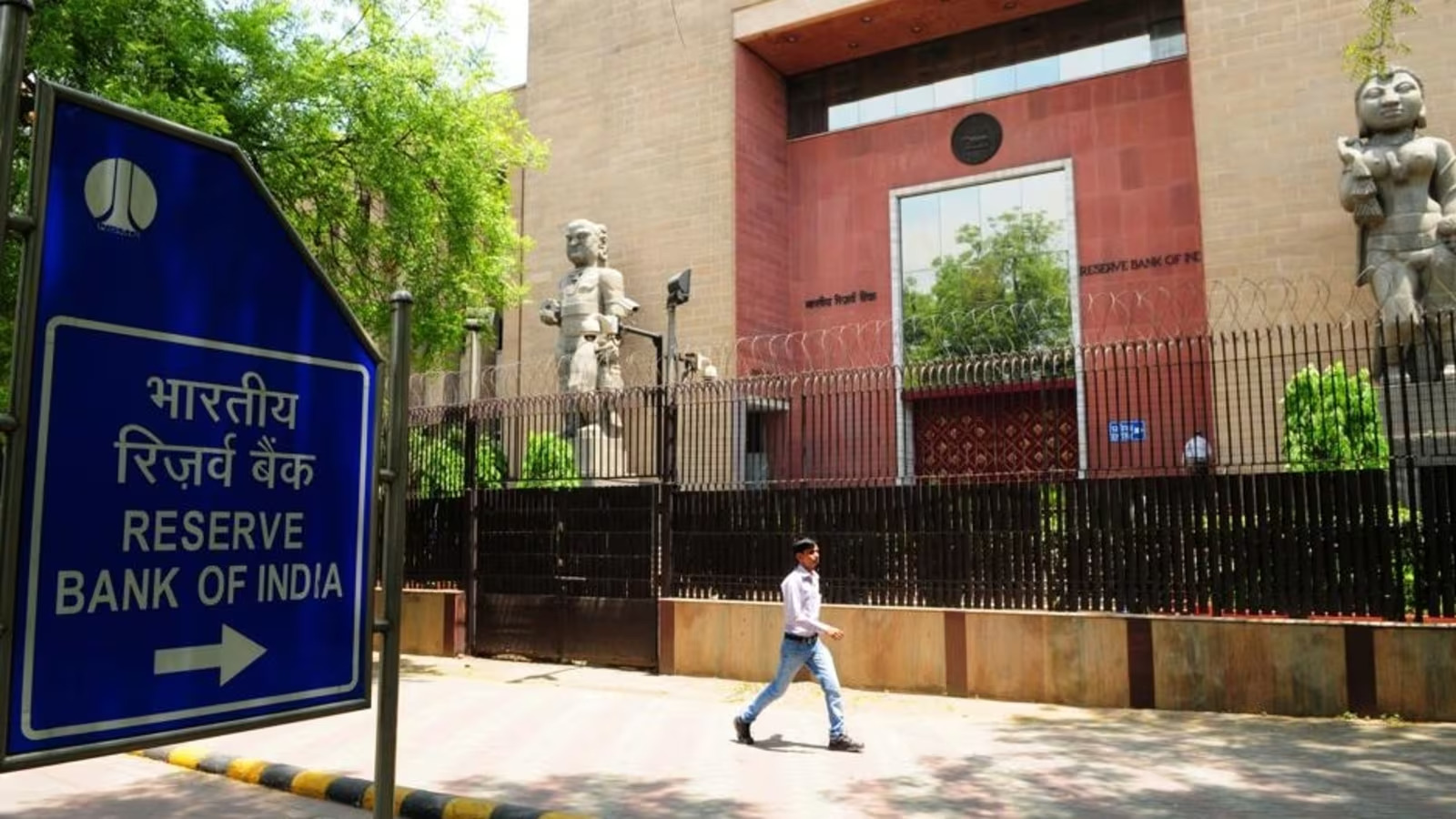NEW DELHI: The Reserve Bank of India (RBI) has received over six lakh complaints against scheduled banks in the last one year, between April 2022 and April 2023, according to an RTI reply received from the RBI by The Sunday Guardian.
Between April 2022 and March 2023, 607,345 complaints were received by the RBI under its Integrated Ombudsman Scheme; and in April this year; 1,255 complaints have been received by the Central Bank against Scheduled banks, according to the RTI reply.
The RTI also further states that the RBI received more than one lakh complaints against India’s largest public sector bank, the State Bank of India, during the same period. This was followed by HDFC Bank, one of the largest private sector banks, against which the RBI received over 56,000 complaints.
Some of the other banks against which a significant number of complaints was received under the RBI’s Integrated Ombudsman Scheme include ICICI Bank, which saw over 54,000 complaints, followed by Axis Bank, 47,000 complaints, Punjab National Bank, 34,000 complaints, Bank of Baroda, 28,000 complaints, and Kotak Mahindra Bank, 24,000 complaints.
Complaints against digital payments bank have also been included under the RBI’s Ombudsman scheme as Digital India is taking a leap in the country and more and more people have started to use digital banks for transactions.
Digital payments banks like Paytm Payments Bank saw more than 15,000 complaints being registered by users against them. This was followed by Airtel Payments Bank that received more than 5,500 complaints against them, during the same period.
The large number of grievances against these popular banks are also because of the huge number of customer base these scheduled banks serve, when compared to other smaller banks that have significantly lower number of customers. For example, the State Bank of India, which has recorded the highest number of complaints against it with the RBI, has over 45 crore customers, serving through its vast network of 22,000 branches spread across the length and breadth of the country. State Bank of India also has a wide network of more than 62,000 ATMs spread across India and over 71,000 Business Correspondent outlets.
HDFC, which saw the second highest complaints, serves more than six crore customers in India, across 6,000 branches spread through the country.
However, the RBI also stated in its RTI reply that more than 97% of the total complaints received in its Integrated Ombudsman Scheme during April 2022 and April 2023 have been addressed and according to the data, out of the total 608,600 complaints that it received it has solved 607,903 complaints.
The RBI’s Integrated Ombudsman Scheme was launched in November 2021 by Prime Minister Narendra Modi, which led to the integration of the then existing three Ombudsman Schemes of RBI, the Banking Ombudsman Scheme, 2006; the Ombudsman Scheme for Non Banking Financial Companies, 2018; and the Ombudsman Scheme for Digital Transactions, 2019, making the new Ombudsman as “One Nation One Ombudsman”.
The Banking Ombudsman Scheme in India, which aims at providing a singular online platform to address all sorts of banking related grievances has been implemented by the RBI to redress the complaints of customers on certain types of banking services provided by banks and to facilitate the settlement of those complaints.
An aggrieved person can file a complaint with the RBI Ombudsman if he/she feels that there has been a deficiency in services by the bank. Some of the deficiencies as categorised by the RBI include non-acceptance of small denomination notes or coins by the bank, and for charging of commission in respect thereof; non-payment or inordinate delay in the payment or collection of cheques, drafts, bills, etc; non-adherence to prescribed working hours; non-disbursement or delay in disbursement of pension; refusal to close or delay in closing the accounts; levying of charges without adequate prior notice to the customer; refusal to open deposit accounts without any valid reason for refusal; among many such other
grievances.
RBI received over 6 lakh complaints against banks in one year
- Advertisement -

